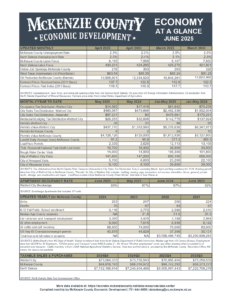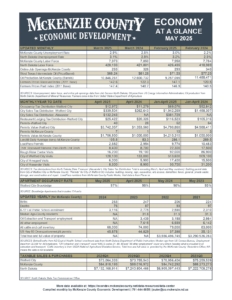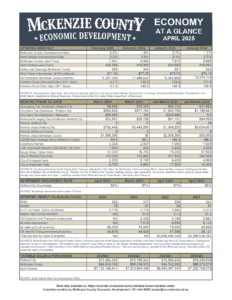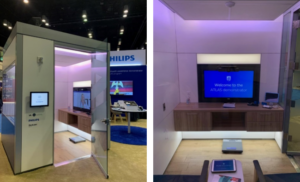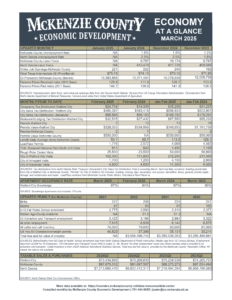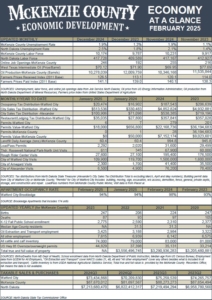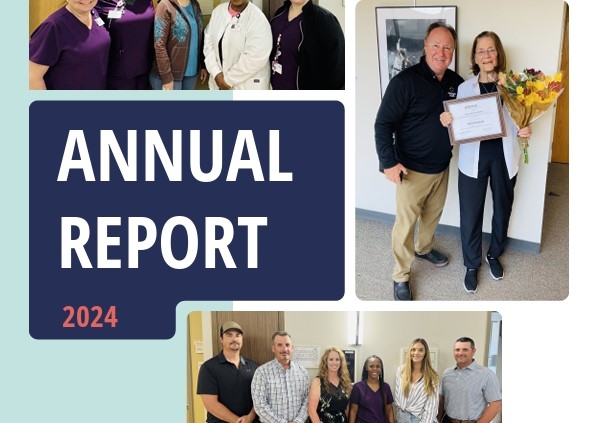In Season 1, Episode 7 of Living in McKenzie County, titled “Cooperative Work Experience”, host Daniel Stenberg explores the Cooperative Work Experience (CWE) program, which helps high school seniors gain career readiness through hands-on internships. The episode features Watford City high school and CWE students Aidan Pelton, Addison George and Kollin Klang, along with Jill Leach, the work-based learning coordinator. They discuss how CWE bridges educational goals with real-world experiences, allowing students to explore career paths early. The program benefits both students—by refining career aspirations—and local businesses, which gain fresh talent and help nurture future community leaders. The episode emphasizes the mutual advantages of CWE for students and employers.
In Season 1, Episode 8 of Living in McKenzie County, titled “Wintering Well”, the podcast explores how to find positivity and purpose during winter. Hosted by Daniel Stenberg and featuring Nick Ybarra, Bekah Engebretson and Calli Thorne, the episode highlights different approaches to embracing the season. Nick shares how he stays active by maintaining the Maah Dah Hey Trail and finding adventure in the cold. Bekah views winter as a time for rest, reflection and community connection, while Calli emphasizes mental well-being and staying positive through activity and support networks. The episode encourages listeners to see winter as a season of growth and opportunity.
In Season 1, Episode 9 of Living in McKenzie County, titled “Building a People Pipeline”, listeners learn how Cooperative Work Experience (CWE) programs help develop the local workforce by connecting students with career opportunities early on. Hosted by Vawnita Best and featuring insights from Nikki Darrington, Chelsea Bulzomi and Susan Granrud, the episode highlights the importance of starting career exploration in middle school and the value of job shadowing. The discussion emphasizes how CWE programs benefit students by aligning education with career goals while helping local businesses build a skilled workforce. The episode encourages collaboration among employers, parents, and educators to support the next generation’s success.
You can watch Episode 7, 8 and 9 here. For all episodes and more information on the Living in McKenzie County podcast, visit the McKenzie County Economic Development website.

